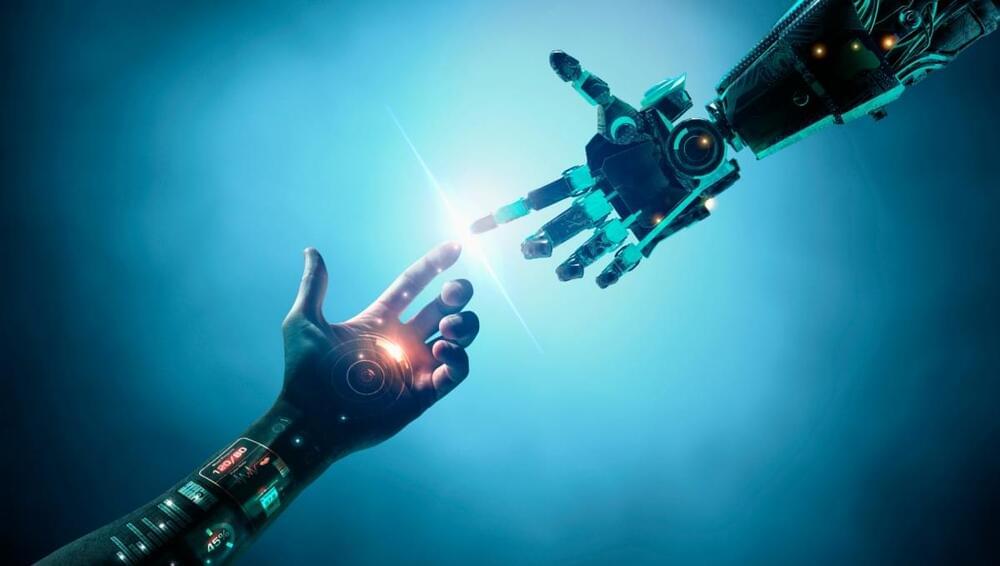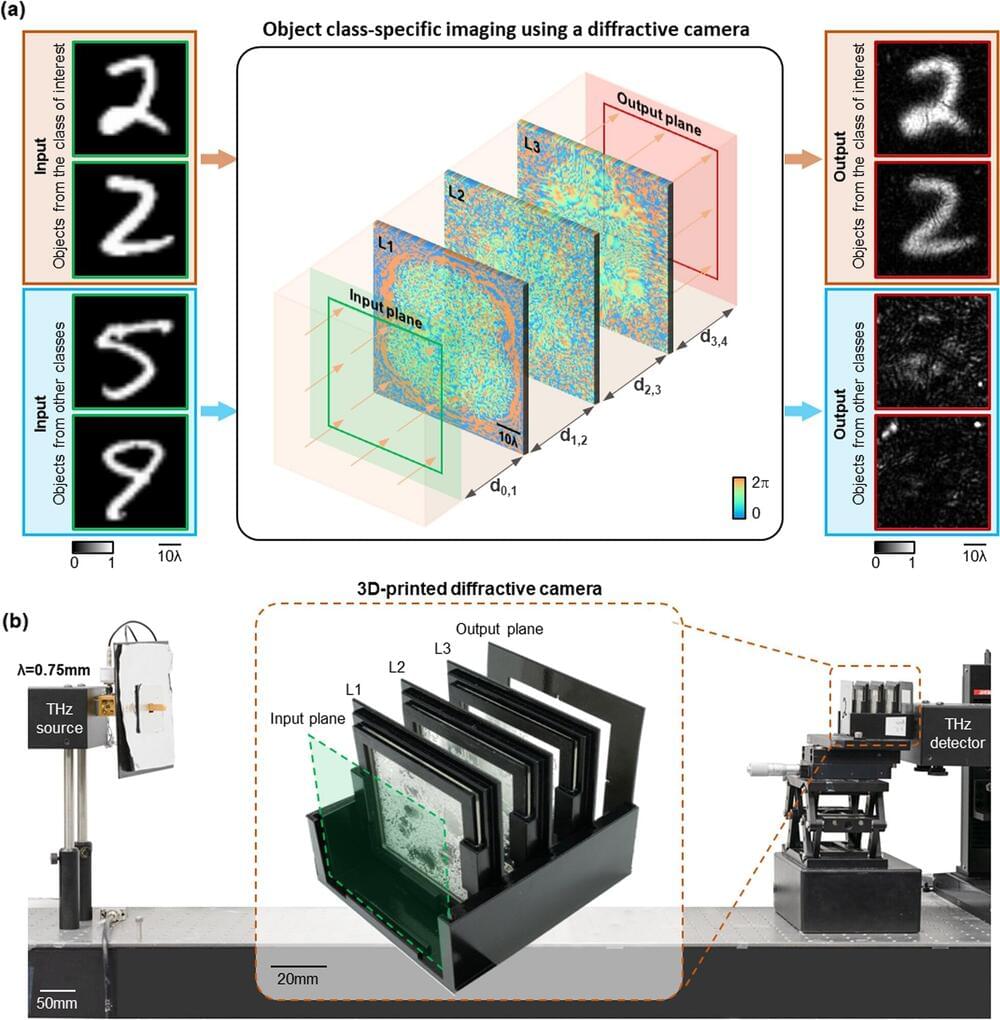In the years ahead, technology will continue to evolve, and it will become harder to identify deepfakes. Indeed, as people and businesses take to the metaverse and the Web3, it’s likely that avatars will be used to access and consume a broad range of services. Unless adequate protections are put in place, these digitally native avatars will likely prove easier to fake than human beings.
However, just as technology will advance to exploit this, it will also advance to detect it. For their part, security teams should look to stay up to date on new advances in detection and other innovative technologies to help combat this threat. The direction of travel for deepfakes is clear, businesses should start preparing now.
David Fairman is the chief information officer and chief security officer of APAC at Netskope.






